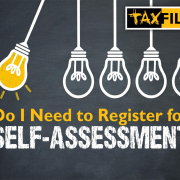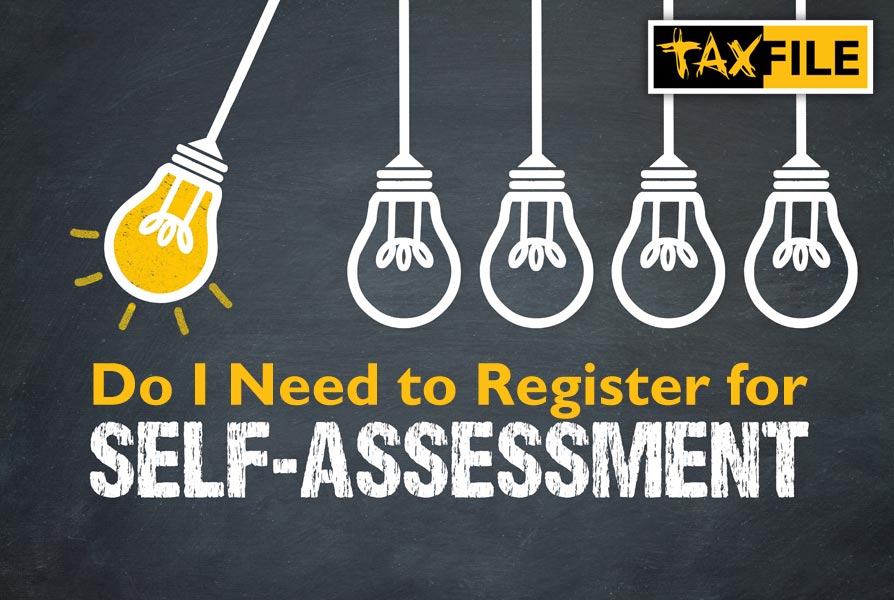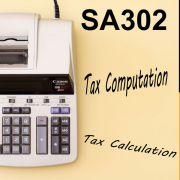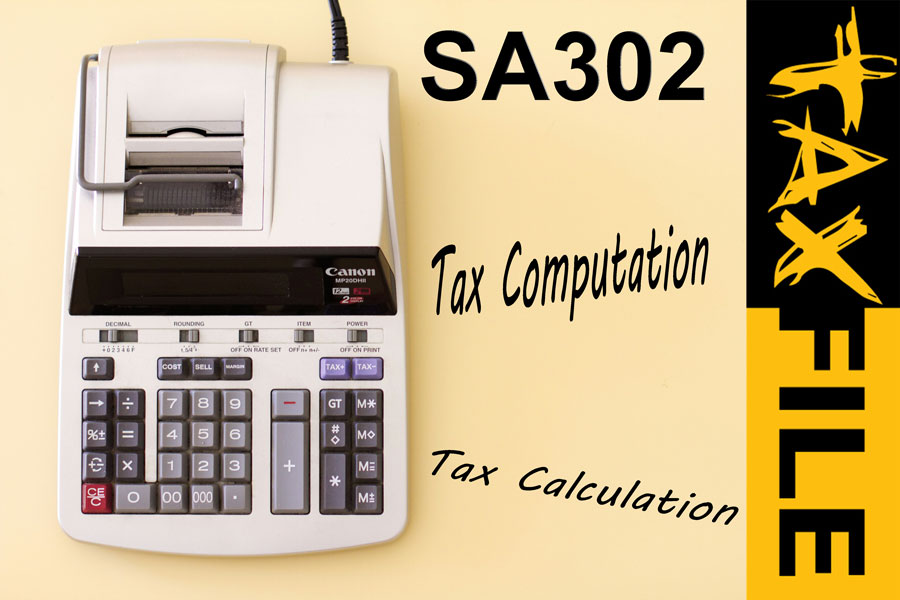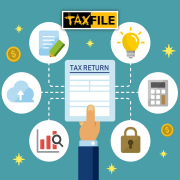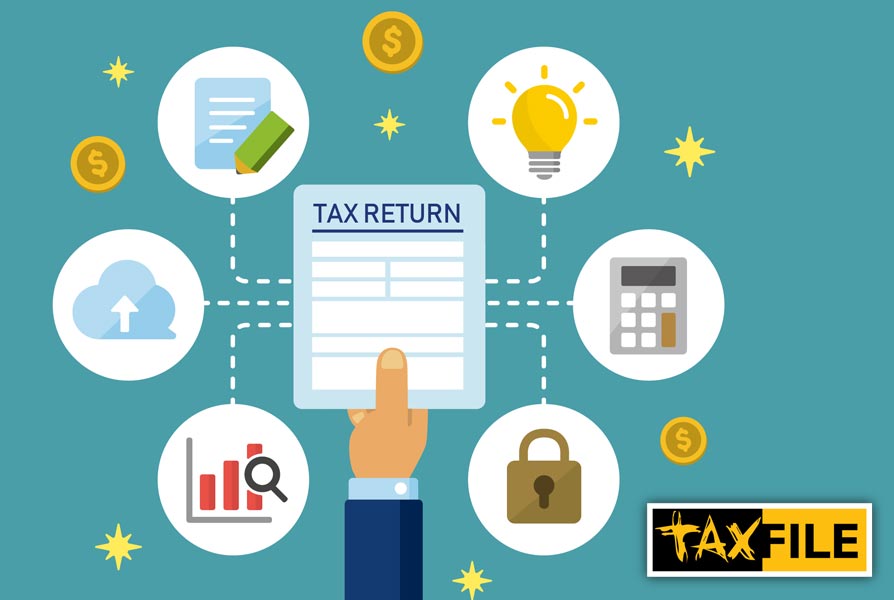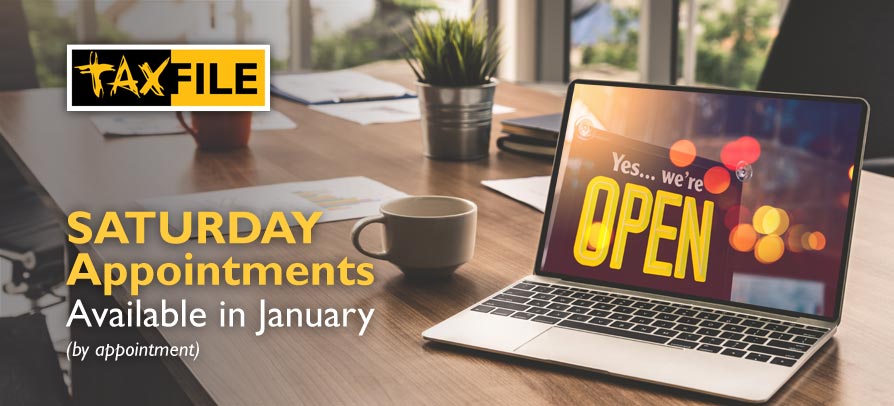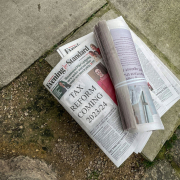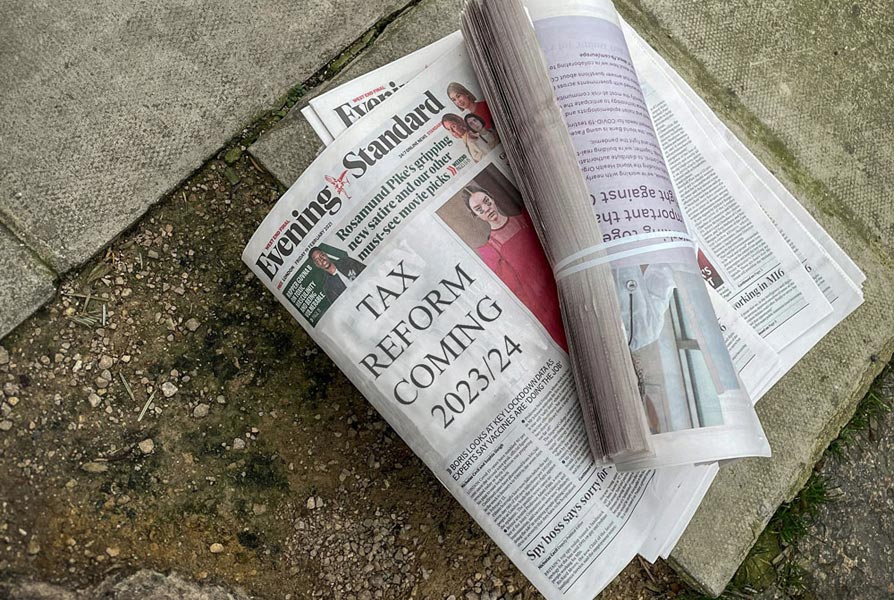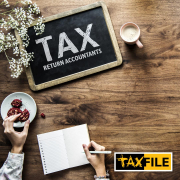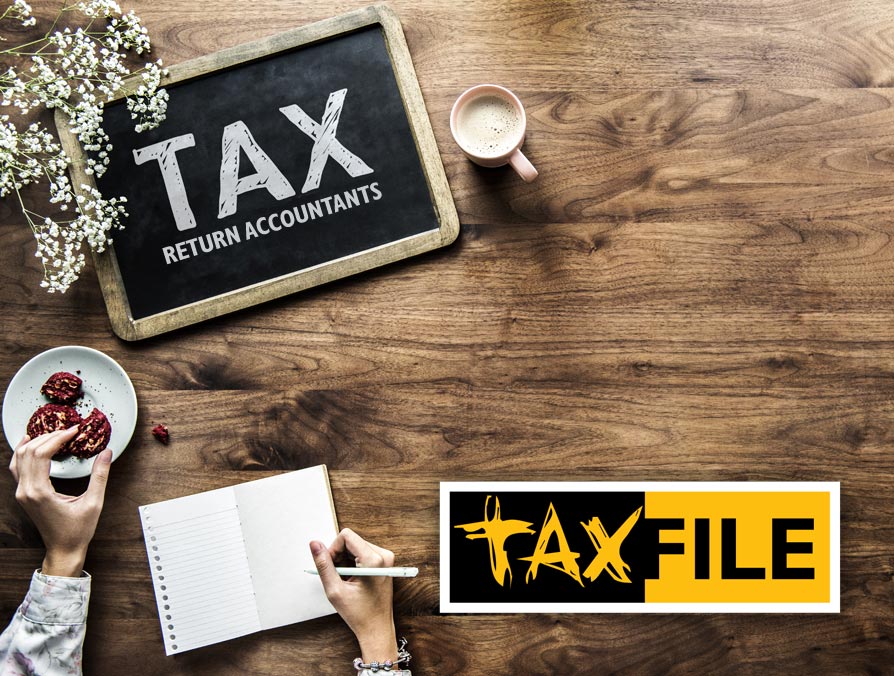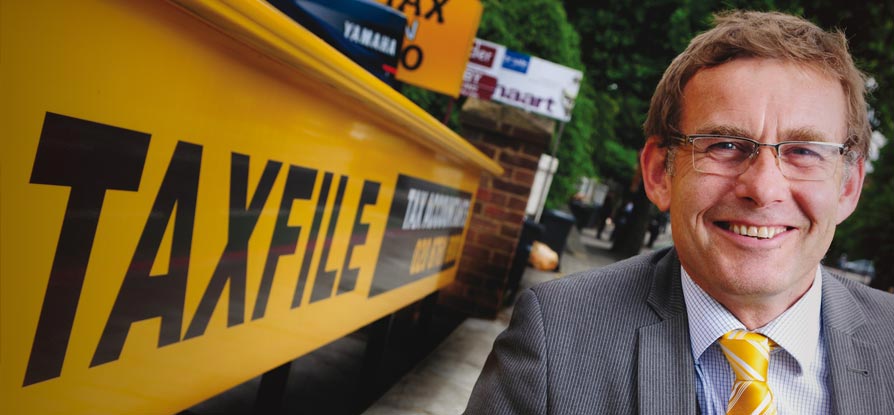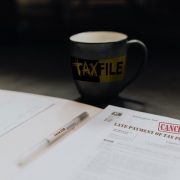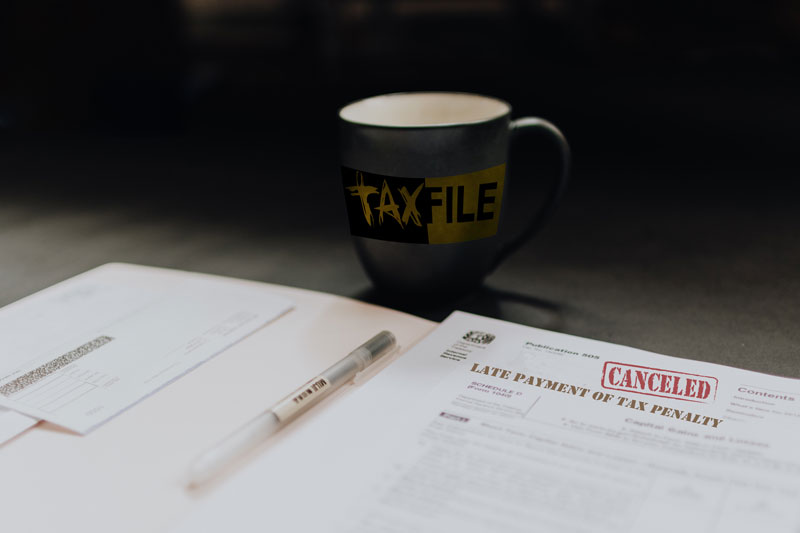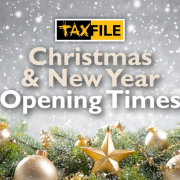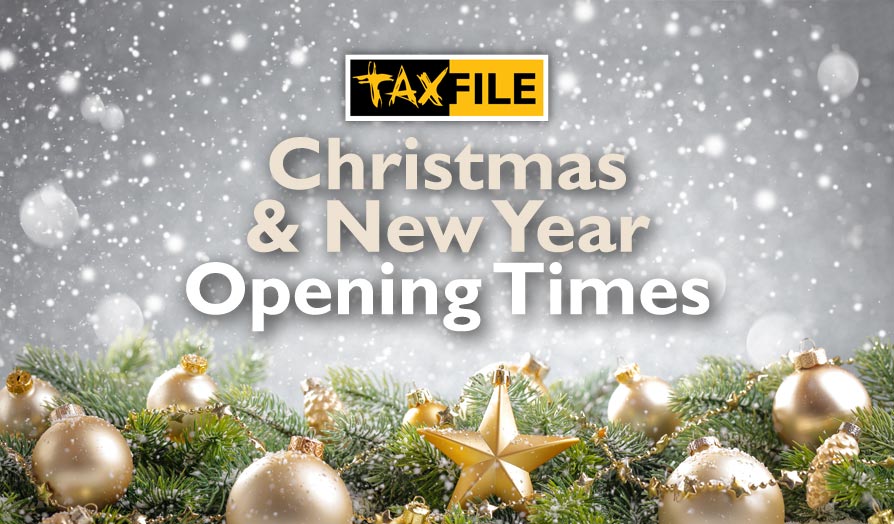The Early Bird Catches the Worm — The Benefits of Acting on Taxes Sooner

by Ali at Taxfile.
For many self-employed UK taxpayers, the January Self-Assessment deadline looms like a tax-shaped storm cloud. But what if you could banish that pre-deadline panic and transform tax season into a breeze?
Psychology tells us that we are motivated when one set of thought processes outweighs the opposing ones, tipping the balance to make us act. With that in mind, here are 7 key things that may motivate you to act on your taxes sooner rather than later.
1. Knowledge is Power
Filing early gives you a clear picture of your tax bill. This allows you to budget effectively and avoid any nasty surprises come January. Knowing if you owe tax or are due a refund empowers you to make informed financial decisions.
2. Less Stress = Happier
If you owe tax, filing early lets you explore HMRC’s Budget Payment Plan. This lets you spread the cost of your tax bill over monthly or weekly instalments, making it much easier to manage.
3. Faster Refunds = Even Happier
If you’ve overpaid tax, filing early means a quicker turnaround on your refund. That extra cash can be a welcome boost for your finances.
4. Time is Money
January is a notoriously busy time for HMRC and accountants. Filing early ensures you avoid spending hours over the phone to HMRC, or your accountant having to contact HMRC on your behalf and spending over 45 minutes on hold.
5. Spot Errors, Fix them with Ease
Sometimes mistakes happen. Filing early gives you time to review your return and identify any errors. This allows you or your accountant to rectify them before the deadline, avoiding potential penalties.
6. Proof of Income, When You Need It Most
A completed Self-Assessment tax return can be used as proof of income when applying for a mortgage, loan, or certain benefits. Filing early ensures you have this documentation known as an SA302 readily available.
7. More Time for Tax Efficiency (if Needed)
If your tax bill is higher than expected, filing early gives you more time to explore tax-saving opportunities with an accountant (if necessary). In our experience, it also allows us to keep an eye on your turnover and spot early if you might need to be VAT registered, or are steadily moving towards it. It could also allow us to advise whether you’d benefit from setting up a limited company.
File Early — and catch the worm!
By taking charge of your Self-Assessment early, you gain control of your finances and avoid unnecessary stress. So, ditch the last-minute panic and embrace the benefits of early filing.
Contact Taxfile & Take Control
At Taxfile we would like to instil healthy habits in our clients and encourage you to come and see us in the early months after April. By doing so, we can file your tax return early and remove all the stress and worry.
Get ready by making an appointment to see our tax agents today. Call, message, or use our online booking system:


